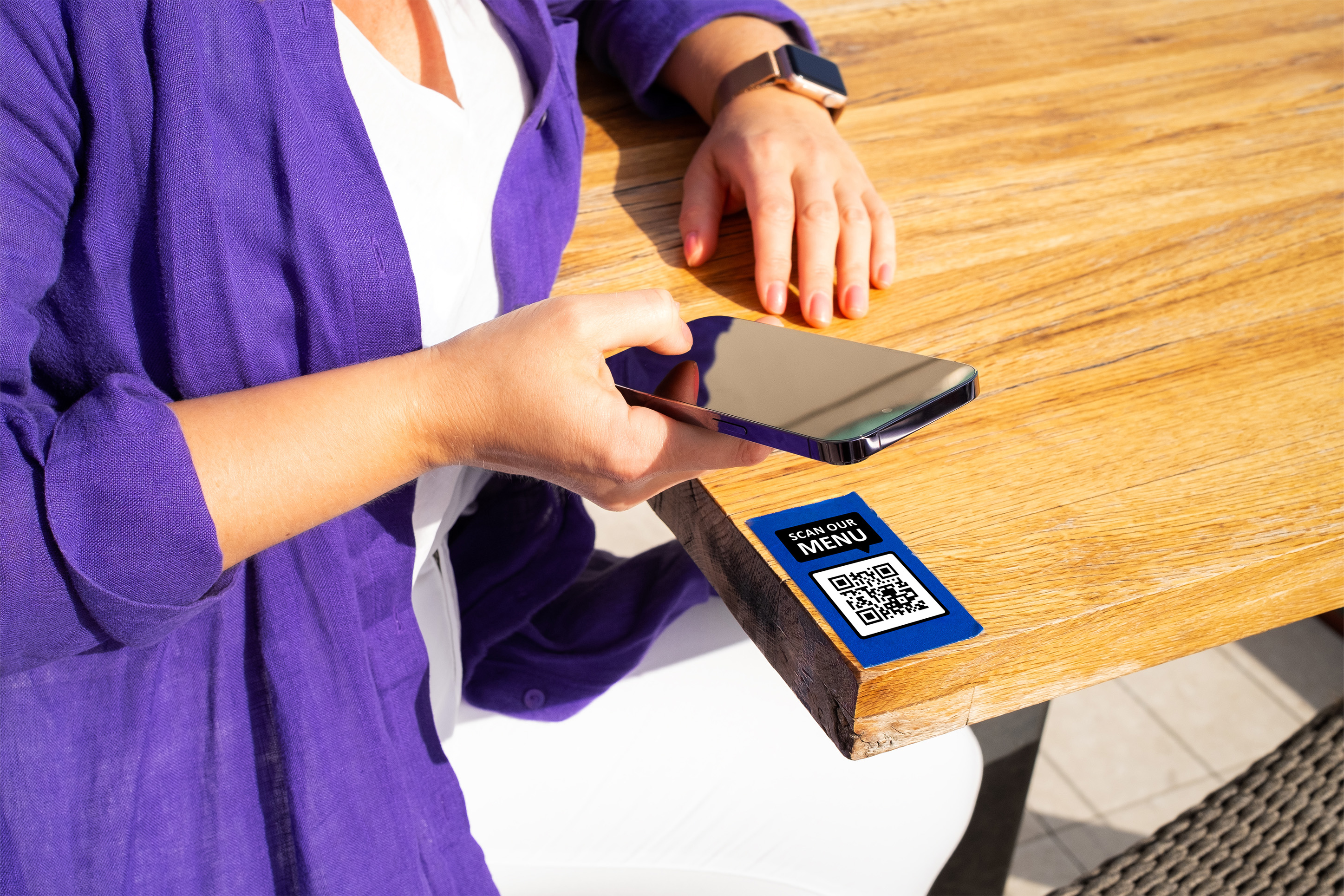Skimming
A card reader at a gas pump that looks like someone has taken it apart or an unofficial camera pointed right at the number pad: these could be signs that your card is being targeted for a skimming scam. Card skimming can happen when a scammer has installed a device designed to steal information like credit card numbers, zip codes, and PINs onto an existing card reader. It can also happen when a camera records a credit card number or PIN entry from behind the user. Be aware of your surroundings, and don’t use a payment terminal if something seems fishy about it.
Wifi swiping
When you’re out and about or traveling, do you ever connect to public wifi? If the answer is yes, it’s good to be cautious. When you connect to wifi, there’s a possibility that anyone else using that network could spy on your browsing. So if you enter a credit card number or log into your financial institution, there’s a possibility that someone could see what you entered if they’re on the same network. Even sites that are encrypted (you’ll see an https at the start of their web address) aren’t completely foolproof. Use a virtual private network (VPN) as an extra layer of security to encrypt your connection if you do join public networks.

Overcharge scams
There are a few ways overcharge scammers can try to take advantage of you. The most common is that a scammer will pose as a representative of a legitimate company, like your phone, power, or internet provider. They’ll call and claim that you’ve been overcharged on your most recent bill and that they just need your credit card details to refund you the difference. That’s an easy way to know it’s a scam: you shouldn’t need to provide payment information to receive a legitimate refund from a business that already has your info. When in doubt, look up the business’s contact information online and call them back to check whether the call you received was legitimate.
Urgent phone calls
Scammers are getting more and more sophisticated, using technology to spoof phone numbers of your nearest and dearest or using scare tactics to get you to give up your personal information in a panic. Sometimes scammers will claim to be someone you know (or with someone you know) who needs money for an emergency. If you get a call, even from a number you recognize, that doesn’t make sense or demands money immediately for some reason, hang up and call that person back directly to confirm that it’s real. Remember, legitimate businesses will give you time to make a decision. If you’ve received this type of call, block unknown numbers and change your passwords for stored contacts. You can also file a complaint with the FCC.
Card-not-present fraud
For phone or online transactions where you enter your card number instead of swiping or using a chip, scammers don’t even need your card to spend your money. Card-not-present (CNP) fraud can have a negative impact on both the cardholder and the merchant. As a card user, you can stay alert to suspicious activity by checking your statement regularly. You can also do your best to keep your information out of scammers’ hands by making sure that you shop with vendors you trust.

QR code phishing
As more and more vendors and businesses use QR codes to make it convenient for customers to pay from their phones, QR code scams are on the rise too. When you scan a QR code with your phone, check to make sure the website seems legit before you enter your payment information. And if you’re not sure that it’s all aboveboard, you can always navigate straight to the company’s website from your browser.
With all the scams out there, you never want to have to worry about whether or not your financial institution is secure. RMCU accounts come with top fraud prevention technology. Plus, each account is insured for $250,000, and cards like the Visa Platinum Rewards card come with some big benefits for users. Apply to become a member and keep your money safe.*
*Must qualify for membership. Some restrictions may apply. Each account is privately insured up to $250,000 by American Share Insurance. By members’ choice, this institution is not federally insured.



